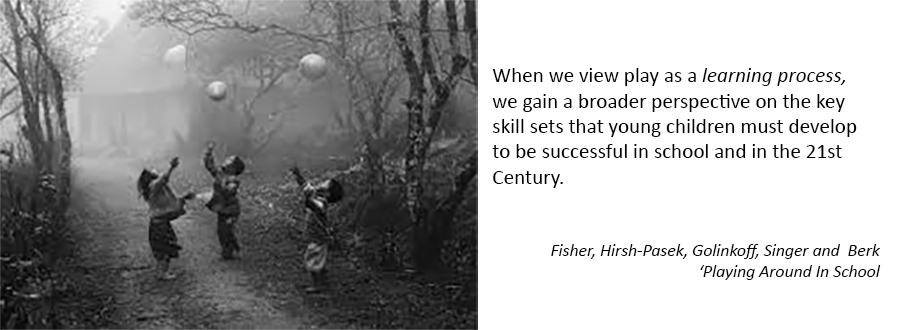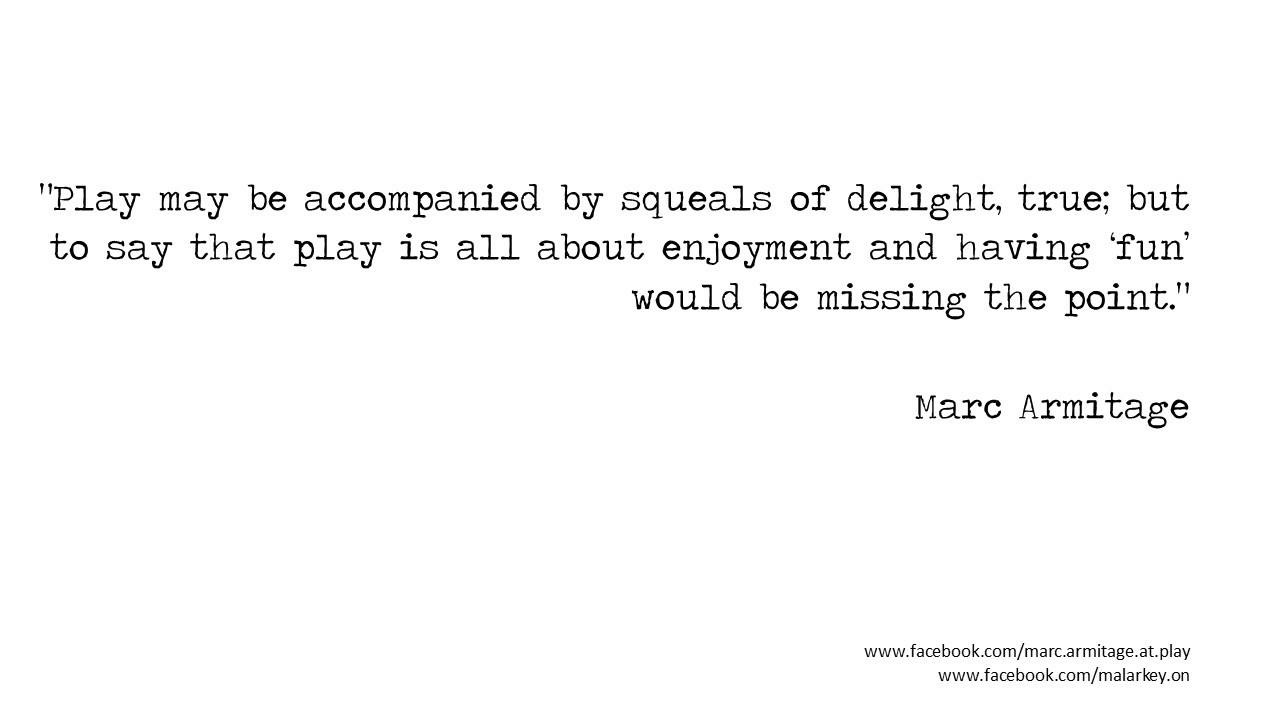No products in the cart.

Play: The Four Letter Word in Primary School
As a researcher, facilitator and advocate of teaching and learning through play in the primary school sector, I am continually asked “it all sounds great, and we know the benefits – but what do we call it….because it can’t just be called play”.
Decades of research provides evidence that play is the most valuable and successful way in which children engage in learning. Through play, children can build all the necessary skills and knowledge required of them in readiness for adulthood. Social-learning theory, constructivism, cognitive development theories, socio-emotional theories and physical development theories all uphold the power play has in the holistic development of children.
More recently, neuroscience has also identified the important link between learning through play, physical movement and the successful development of key executive functioning skills now viewed as paramount for the adult workforce.

Yet in the face of the mountain of research, primary school educators still avoid at all cost the use of the word play to describe the teaching and learning pedagogy within their school setting. In primary-school based literature itself, play is not a useful search term to input. It simply brings up very little with regards to the play – by researched definition- that equates to powerful learning opportunities for children.
Instead, educators look for ways to camouflage play pedagogy in a myriad of other packaged-type terms. ‘Enriched curriculum’, ‘discovery’, ‘developmental’, ‘powerful learning activities’, ‘active learning’, ‘student ownership’ – all terms used by schools to justify the use of play pedagogy in their learning environment.
The need to package and market play suggests that educators are yet to truly understand and value the importance and validity of play as a powerful tool to support children’s learning. It demonstrates an almost embarrassment at something that seems so trivial as being so vital within the school environment. It also indicates a wariness of image and appearance – that play does not look like ‘real learning’, hence the need to make it sound as important as it is with a more academic title. Parents, who vote with their feet, may not accept a school’s competency to provide maximal learning opportunities for their children because by all appearances children are ‘just playing’.
A further paradox in calling play by its name exists in the mere fact that the light-heartedness of play is key to its very success. In needing to call play something else – a more formalised label for example – educators contradict the very essence of what makes play so effective.
Children do not see play as difficult. Play may be a challenge, but often it is the challenge itself that makes play even more enticing. At no time, however, should true play be rigorous and laborious (as often much of formal schooling tends to be). The fact that play is light-hearted and fun contributes to its profundity. By renaming play we extinguish this very characteristic, and in turn reduce its effectiveness.



